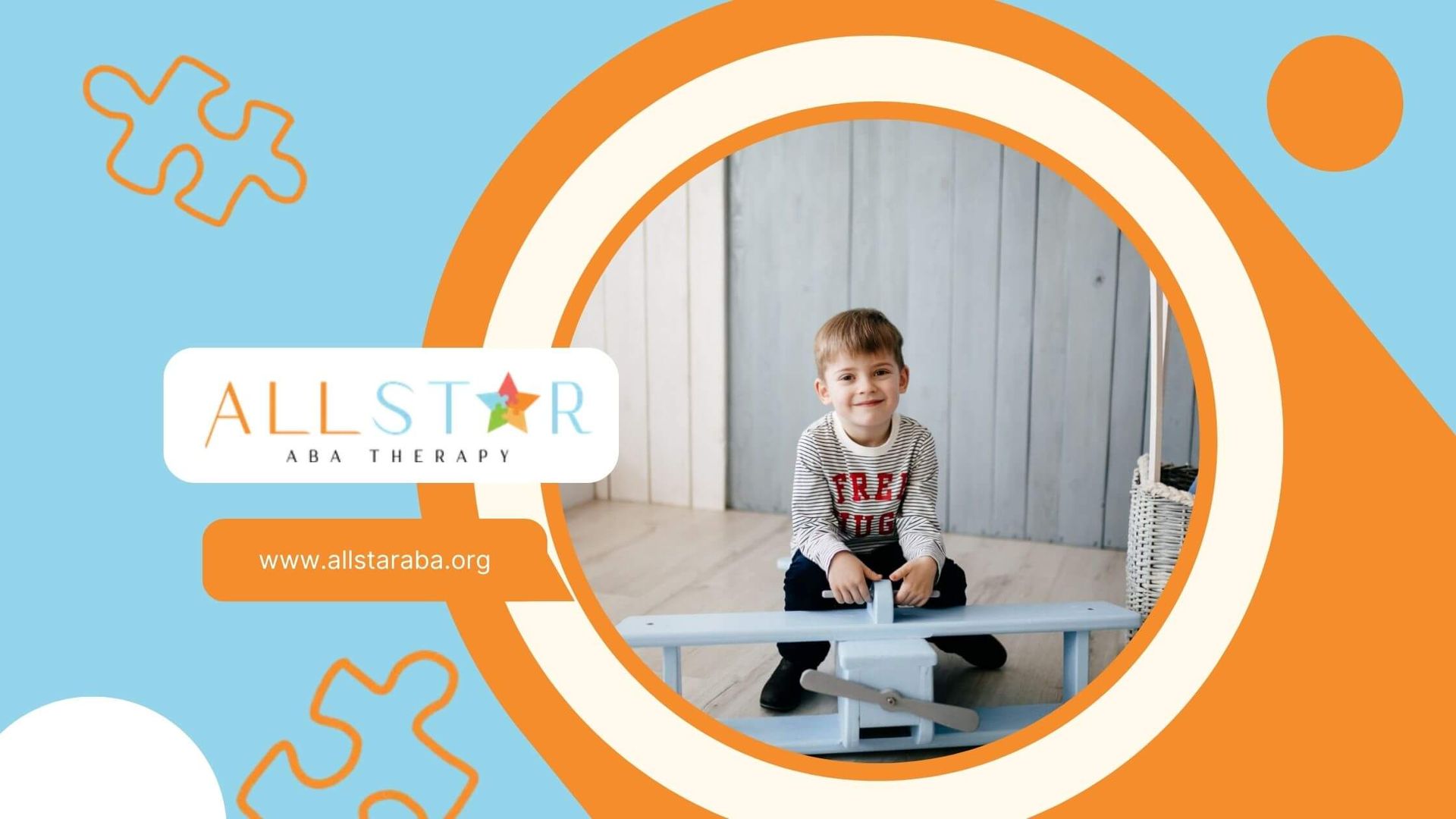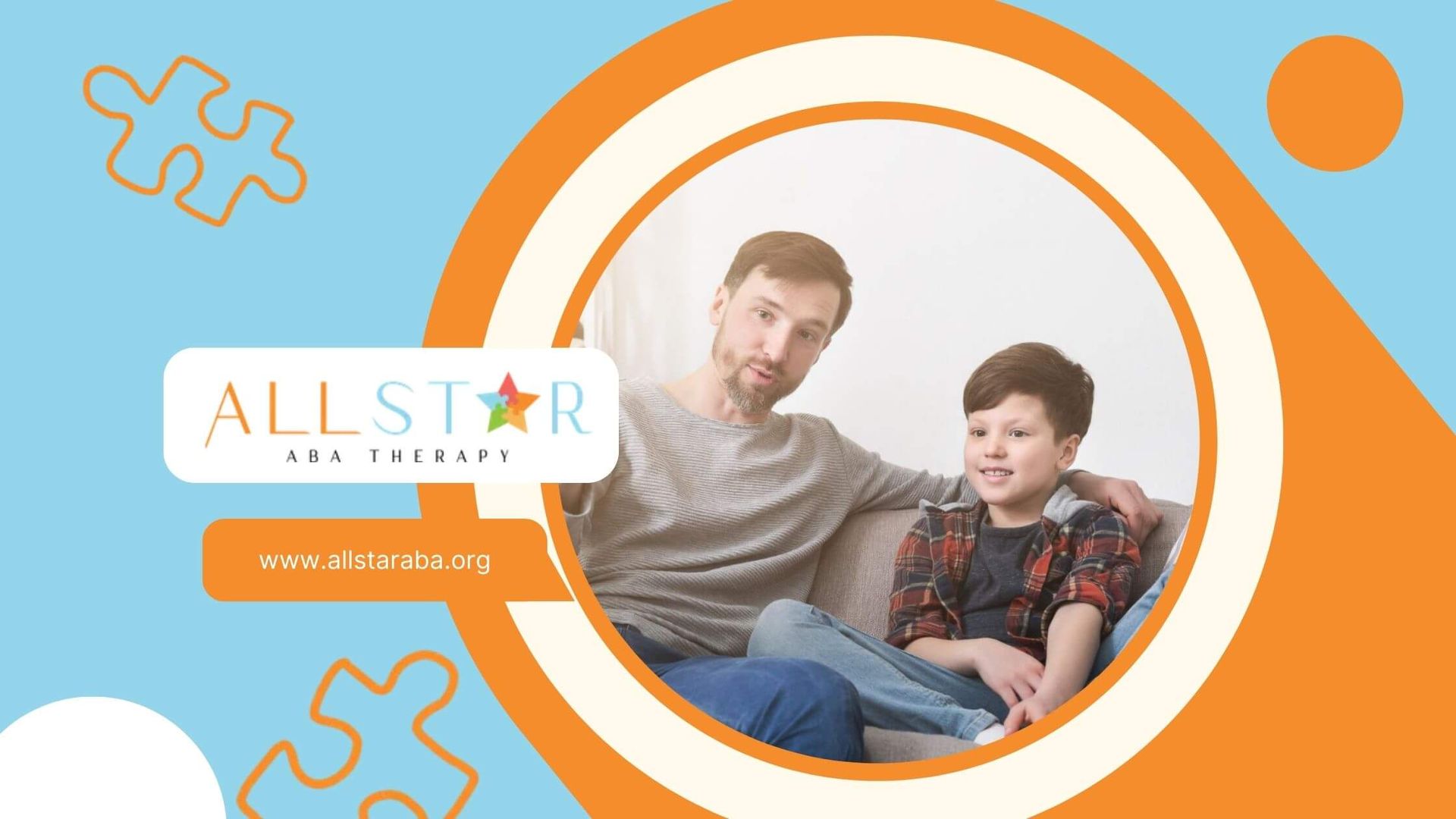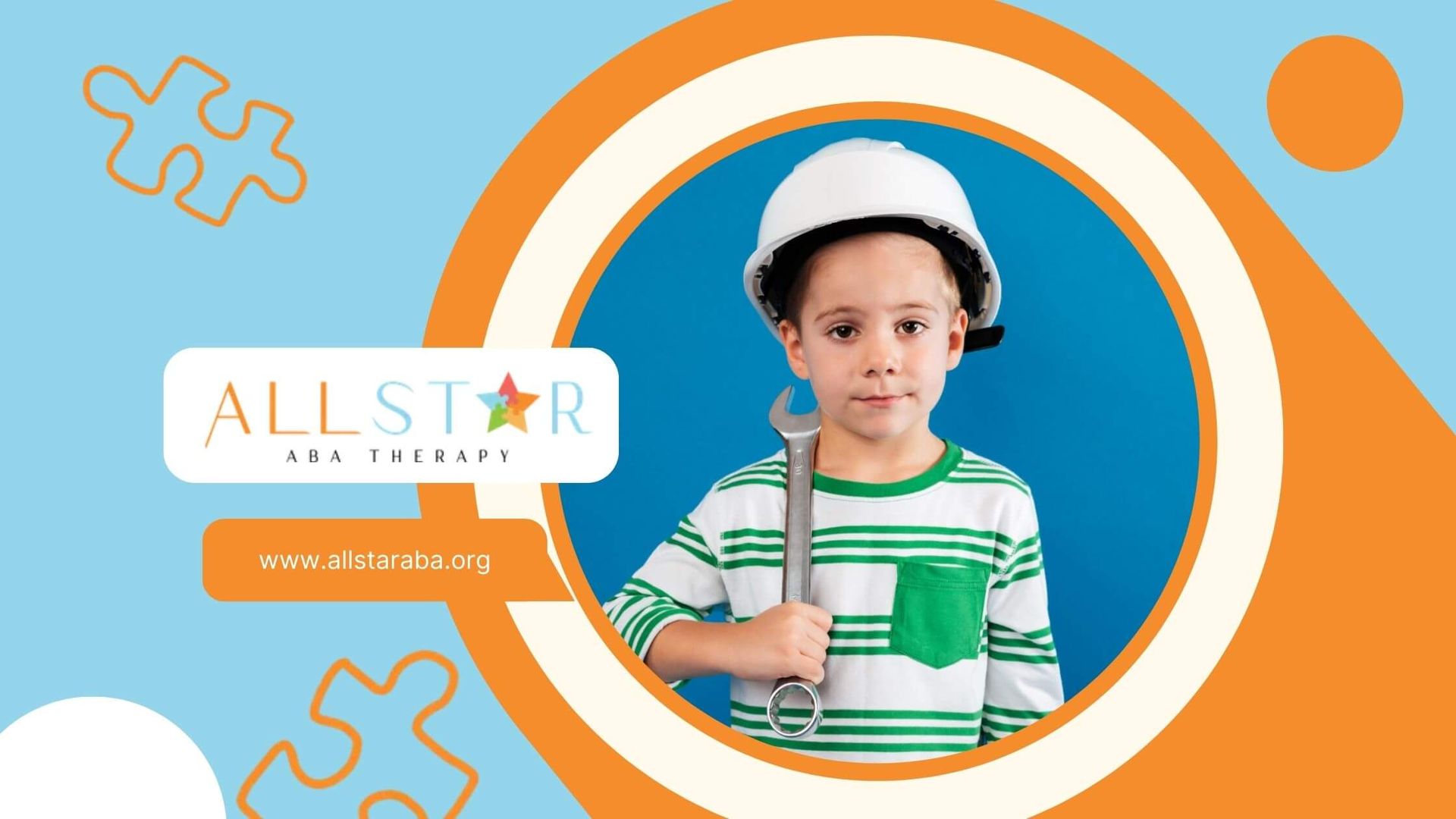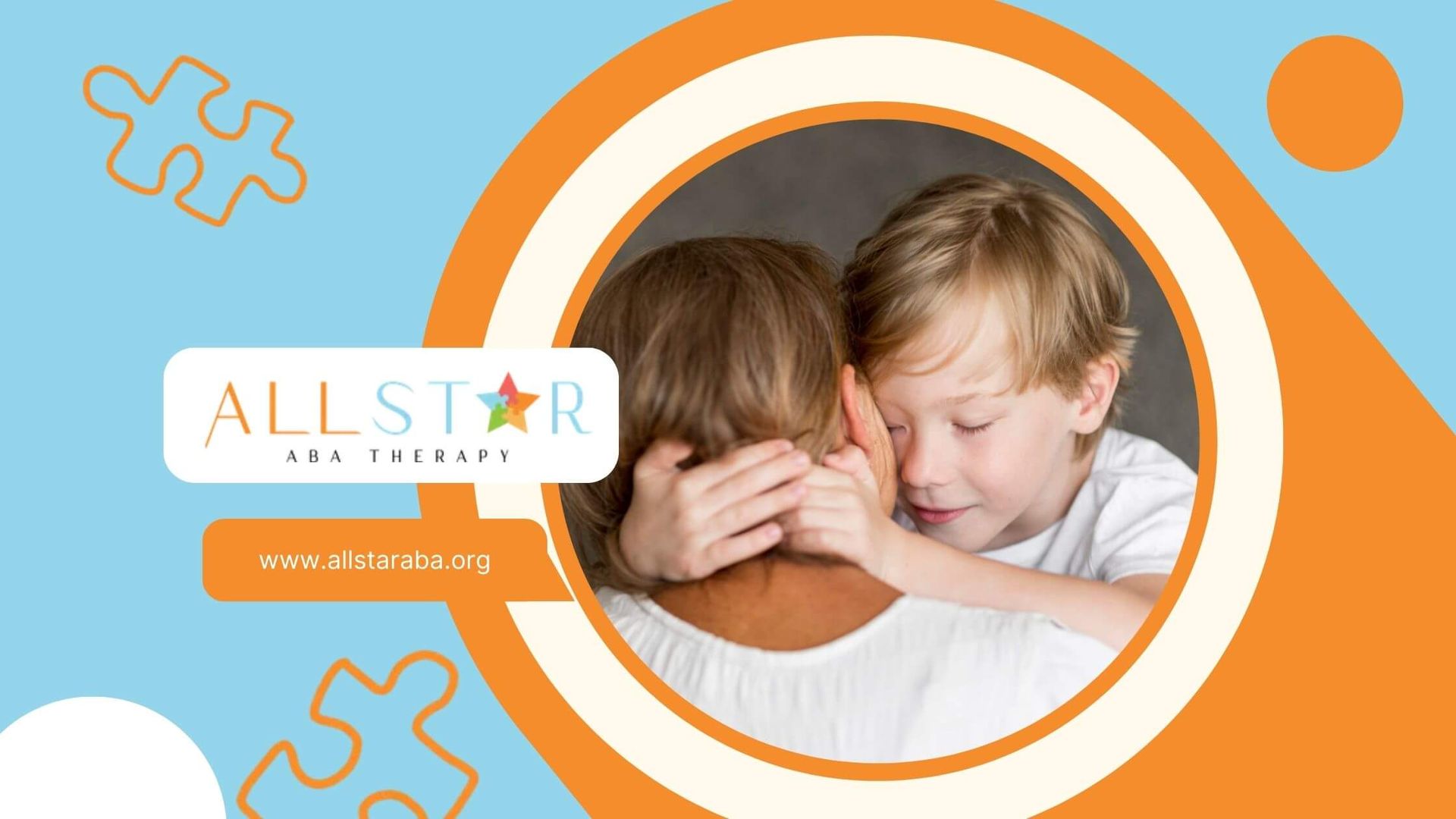New Paragraph
Autism Spectrum: Asperger’s vs. High-Functioning Autism
If you’ve heard both terms—high-functioning autism and Asperger’s—you’re not alone in wondering if they mean the same thing.
While they’re often used interchangeably, especially in casual conversation, there are a few key differences worth knowing—particularly when it comes to early development and diagnosis.
Similar, But Not Quite the Same
Both high-functioning autism (HFA) and Asperger’s fall under the autism spectrum, meaning they share core characteristics like:
- Difficulty with social interactions and nonverbal communication
- Intense focus on specific interests
- Sensory sensitivities
- Average or above-average intelligence
People with either label are often seen as “high-functioning” because they don’t have intellectual disabilities and may live independently, work, and form relationships—with some support.
What Sets Them Apart
The biggest distinction historically was language development in early childhood:
- Asperger’s: No significant delays in speech or cognitive development. In fact, many speak early or with an unusually rich vocabulary. Their language might sound overly formal or pedantic, but developmentally, they hit typical milestones.
- High-functioning autism: Often includes delayed speech or language challenges in early years, even if those delays improve over time.
In 2013, the DSM-5 (Diagnostic and Statistical Manual of Mental Disorders) officially folded Asperger’s into the broader autism spectrum disorder (ASD) diagnosis.
Since then, it’s no longer used clinically in most places, but many people still identify with the term because it reflects their unique experiences.
The takeaway:
While the terms may sound similar, the difference mainly lies in early speech development. But regardless of the label, support and understanding should focus on the person’s individual needs—not just the name of a diagnosis.
Need Support?
We're Here to Help!
Our experienced team is ready to assist you. Reach out today to discuss how we can support your child's development and well-being.
Get started with expert ABA therapy today.








